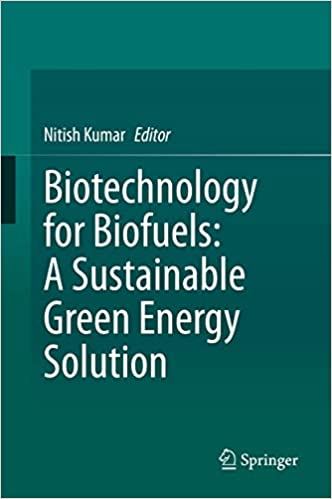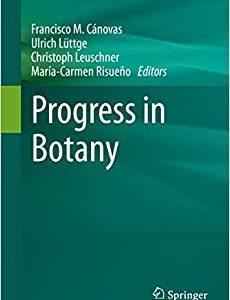The depletion of petroleum-derived fuel and environmental concerns have prompted many millennials to consider biofuels as alternative fuel sources. But completely replacing petroleum-derived fuels with biofuels is currently impossible in terms of production capacity and engine compatibility. Nevertheless, the marginal replacement of diesel with biofuel could delay the depletion of petroleum resources and abate the radical climate change caused by automotive pollutants. Energy security and climate change are the two major driving forces for worldwide biofuel development, and also have the potential to stimulate the agro-industry. The development of biofuels as alternative and renewable sources of energy has become critical in national efforts towards maximum self-reliance, the cornerstone of our energy security strategy. At the same time, the production of biofuels from various types of biomass such as plants, microbes, algae and fungi is now an ecologically viable and sustainable option. This book describes the biotechnological advances in biofuel production from various sources, while also providing essential information on the genetic improvement of biofuel sources at both the conventional and genomic level. These innovations and the corresponding methodologies are explained in detail.
Product details
- File Size: 12737 KB
- Print Length: 299 pages
- Publisher: Springer; 1 edition (May 16, 2020)
- Publication Date: May 16, 2020
- Language: English
- ASIN: B088Q7KR1F
- Text-to-Speech:
Enabled

- Word Wise: Not Enabled
- Lending: Not Enabled











